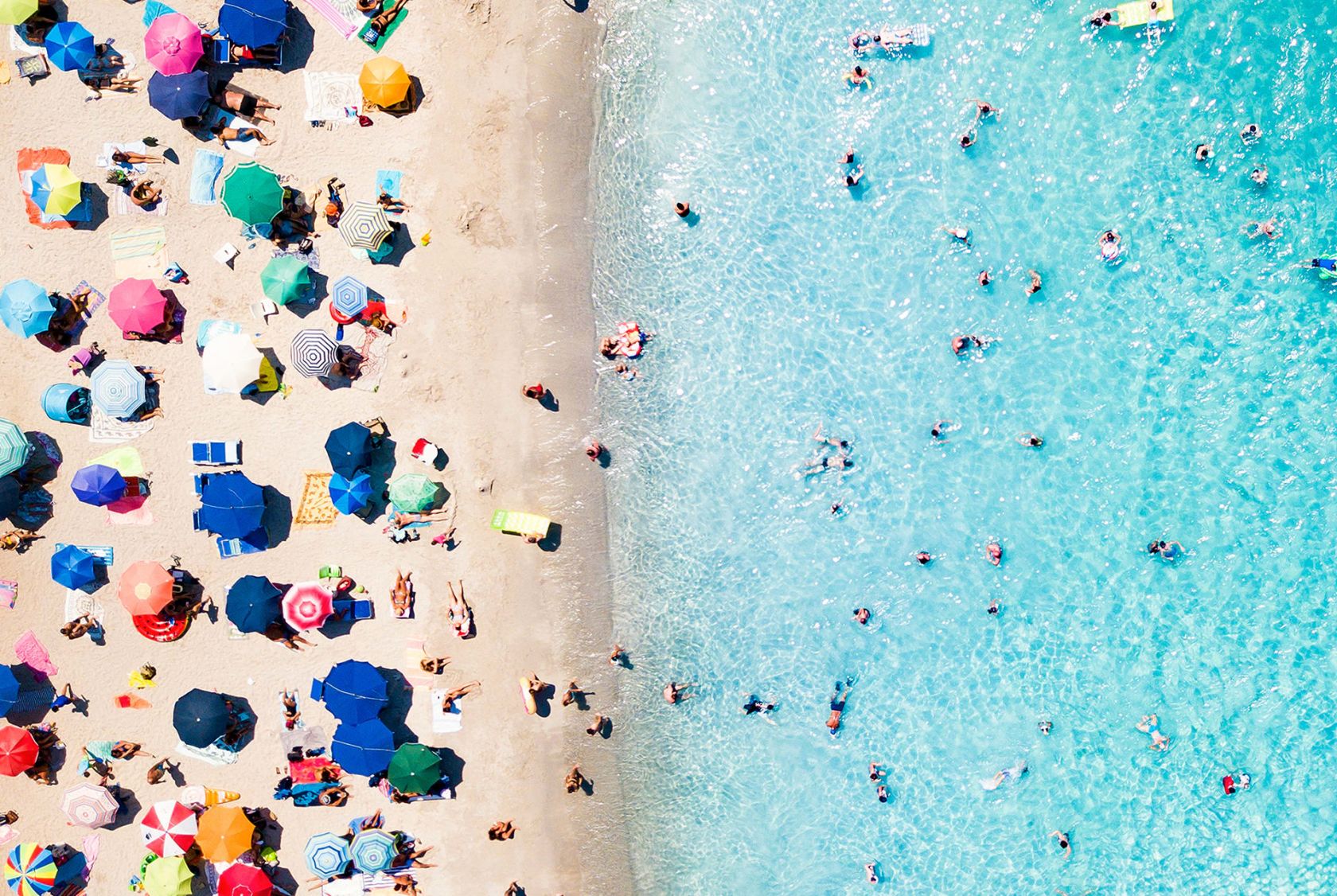
On Tuesday, July 16, the European Parliament elected the former German defense minister Ursula van der Leyen (EPP, Germany) as a new European Commission president.
Van der Leyen won by a narrow majority of only nine votes and two new independent Croatian MEPs Mislav Kolakušić and Ivan Vilibor Sinčić openly in their forrst speeches in the Plenary opposed her election.
The first woman in the lead EU position announced that her program will be focused on a climate change and migration and that she will strength the role of the European Parliament through a legislative initiative rights. Also, van der Leyen stressed that she is committed to simplifying the foreign policy decision-making process, the taxation of large technology companies. During her speech she expressed her willingness to extend the Brexit deadline and insists on an equal representation of men and women in the future Commission.
It is now up to the each member state to nominate a Commissioner who will receive their portfolio, depending on the interests, the work so far, but also the negotiations between the leading people of the political parties, the Commission President and the states between themselves. All candidates will participate in the European Parliament hearings, and the final decision on the whole Commission will be made by the representatives of the states and governments at the European Council by October 31, 2019.
While the decision on whom Croatia will nominate as a Commisssioner is still pending, the MEPs positioned themselves within political groups or decided to act as independent and the fight for the legislative proposals within Committees officially started.
MEPs are divided in the parliamentary groups, depending on the political option or party they belong in the European Parliament. Although a small country, Croatia is fortunate to have representatives in four key parliamentary groups and that is a potential for Croatian companies and associations to gain broad support for their initiatives.

In addition to diversity extra benefits for Croatian initiatives are key positions taken by the MEPs. The largest political power in the current session is held by the European People's Party Group (EPP Group), where Dubravka Šuica is a vice-chair, and the second-largest is the Social and Democrat Group (S&D Group), where Biljana Borzan is a vice-chair. These are extremely important functions because the presidencies of the parliamentary groups participate in a key political decision making processes.
The Alliance of Liberals and Democrats for Europe renamed its group from ALDE to Renew Europe, and among 108 MPs, Croatian member is Valter Flego of IDS.
European Conservatives and Reformists Group includes Croatia's Ruža Tomašić, while Mislav Kolakušić and Ivan Vilibor Sinčić are independent MEPs.
After a Brexit delay the number of European Parliament representatives remained 751, thus there are still 11 Croatian representatives. When the United Kingdom leaves the EU, the European Parliament will have 705 representatives, 12 or whom Croatians. Following the election results, SDP’s Romana Jerković will become MEP.
MEPs are divided in 20 specialized standing committees where they work on legislative proposals through reports, amendments, and trilogues with the Council and the European Commission, as well as on other initiatives in line with the European Parliament power.
When a new European Commission will be formed it will present a Working Plan for the next year and new legislative proposals which will be sent to the European Parliament. Once they are assigned to the committees MEPs will have to take their stand on specific issues. This is a moment when companies have an opportunity to present strong and valid arguments to their elected representatives in order to fight their interests.
Croatian MEPs in the Committees:
Biljana Borzan, S&D
Full: Internal Market and Consumer Protection (IMCO)
Substitute: Environment, Public Health and Food Safety (ENVI)
Valter Flego, RE
Full: Industry, Research, and Energy (ITRE)
Substitute: Transport and Tourism (TRAN)
Mislav Kolakušić, NI
Full: Budgets (BUDG) and Legal Affairs (JURI)
Substitute: Civil Liberties, Justice and Home Affairs (LIBE)
Predrag Fred Matić, S&D
Full: Fisheries (PECH) and Culture and Education (CULT)
Substitute: Women's Rights and Gender Equality (FEMM)
Tonino Picula, S&D
Full: Foreign Affairs (AFET)
Substitute: Regional Development (REGI) and sub-committee for Security and Defence (SEDE)
Karlo Ressler, EPP
Full: Budgets (BUDG)
Substitute: Civil Liberties, Justice and Home Affairs (LIBE)
Ivan Vilibor Sinčić, NI
Full: Environment, Public Health and Food Safety (ENVI)
Substitute: Industry, Research, and Energy (ITRE) and Agriculture and Rural Development (AGRI)
Tomislav Sokol, EPP
Full: Internal Market and Consumer Protection (IMCO)
Substitute: Regional Development (REGI)
Dubravka Šuica, EPP
Full: Foreign Affairs (AFET)
Substitute: Environment, Public Health and Food Safety (ENVI)
Ruža Tomašić, ECR
Full: Fisheries (PECH)
Substitute: Agriculture and Rural Development (AGRI)
Željana Zovko, EPP
Full: Foreign Affairs (AFET)
Substitute: Culture and Education (CULT) and sub-committee for Security and Defence (SEDE)

